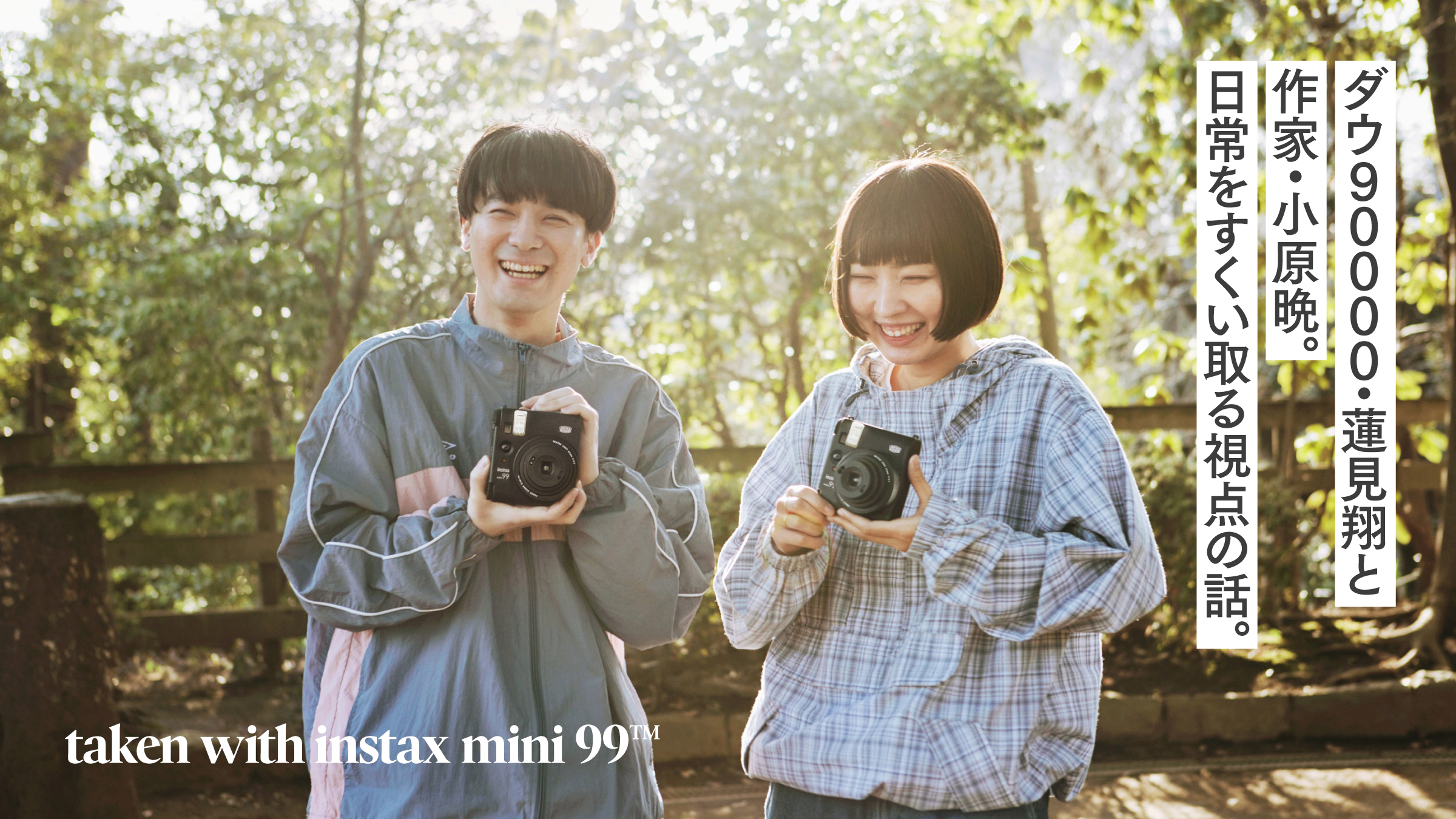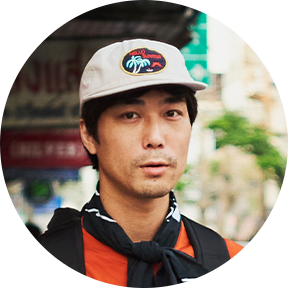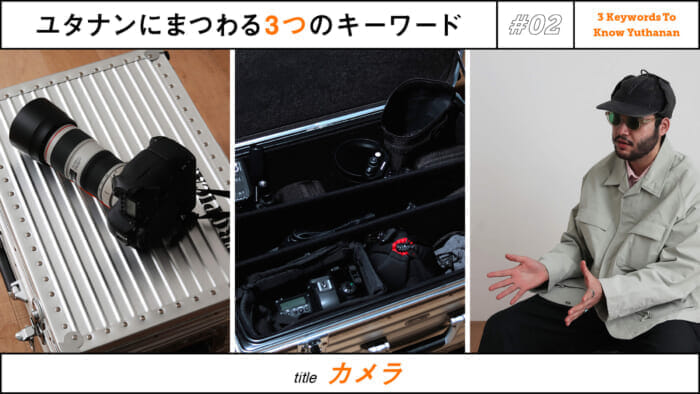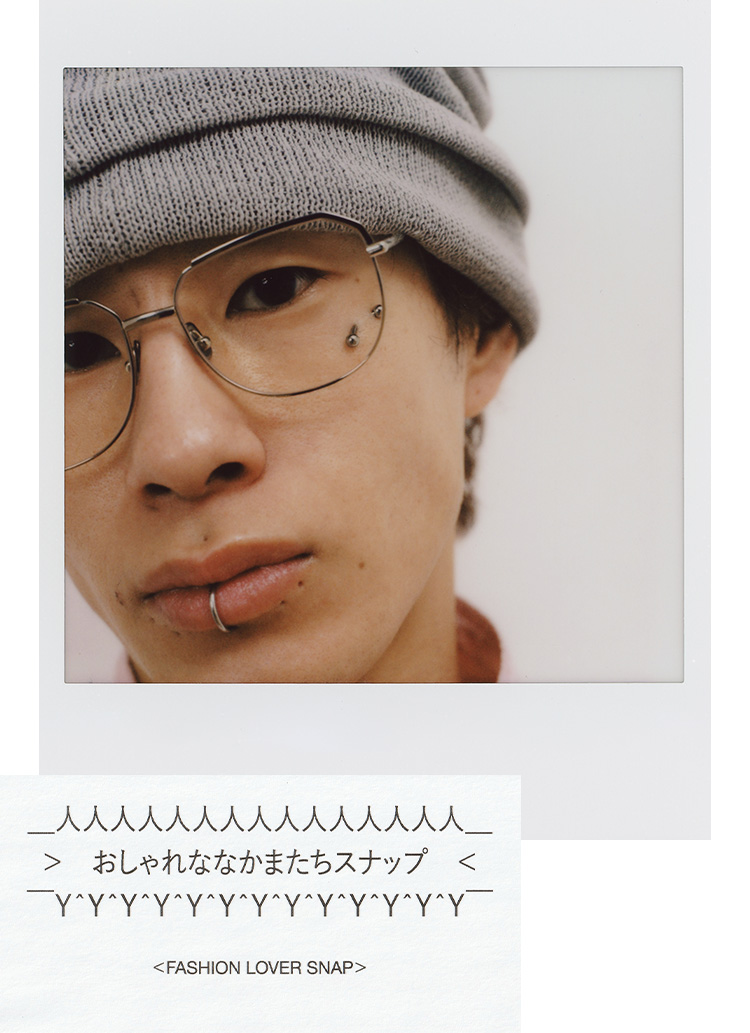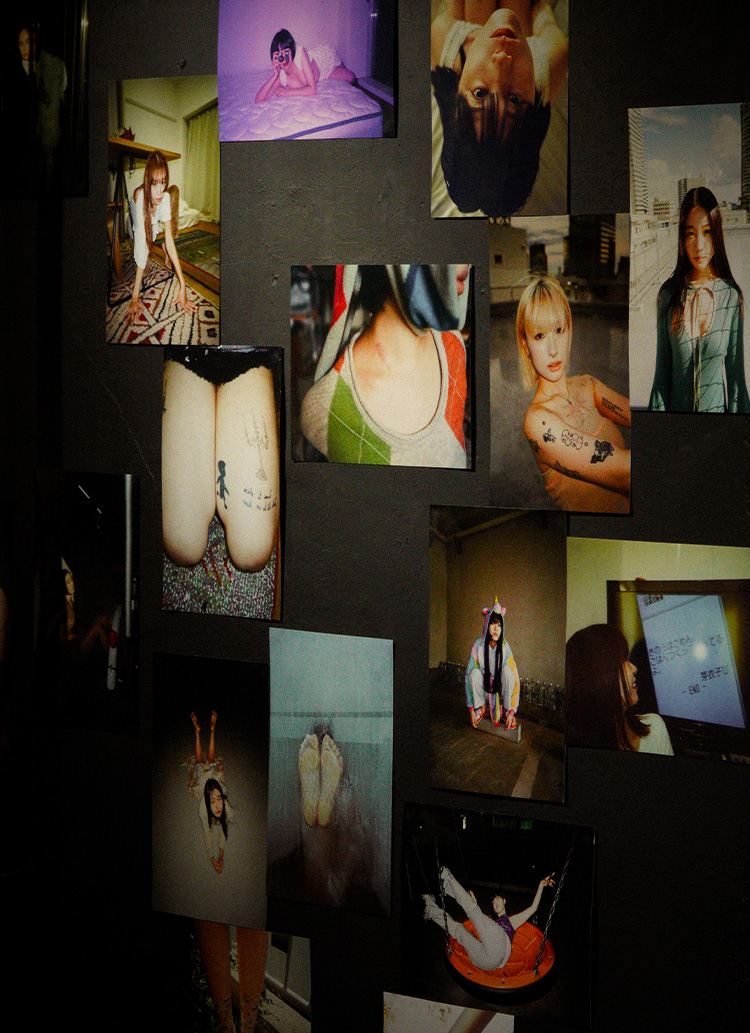Seeds of fun to be found in everyday life.
Are there any works or people who have influenced you two in the process of creating your works? I would like to know if there is anyone in particular whose point of view you find interesting.
Hasumi: I don't know. There are many people who inspired me to write comedy and influenced me, but I don't think there are many people who directly influence my style. However, I recently reread all the volumes of "Chibi Maruko-chan. When I was a child, I read it because my older sister had it, but when I read it again as an adult, I found it to be extremely interesting. I felt that it was probably one of the first works that I found "interesting. I feel that I continue to hold it as my "standard of fun" without even knowing it.
Obara: I don't know if it has any influence on my work or not.... I have always liked comedy, and I hit upon the "Hitomikiri Geinin" just as it was beginning to attract attention, and watched Audrey's Wakabayashi and Matayoshi, as well as "Matarinai Futari". I was a student at the time, and I was very much influenced by the value that "it is tacky to make a lot of noise at a drinking party or create an atmosphere where people don't want to leave. I am a shy person who is not good at meeting new people or in large groups, but Matayoshi-san and Wakabayashi-san were funny and cool even if they were not good at shyness or communication, so I felt it was okay to be myself. So, I don't know if it affected my work, but it had a great influence on my personality development.


One of Ms. Obara's photographs of Ms. Hasumi's sleeping habit. The color effect Faded Green (FG) was selected to reproduce a classical film tone with a slight green tinge.
I'm sure both of you have a close relationship between your work and your daily life, but I was wondering how you find interesting things....
Hasumi: To be honest, I don't really know what I'm talking about. Don't you often get asked?
Obara: I am often asked, but I don't know.
Hasumi: I don't know how they do it. But I have a feeling that "this is going to be popular. But I can't explain why I think so. It feels good to do something that "no one has done before," but at the same time it is very scary. If someone has done it before, there is a certain degree of certainty that it will be popular. But when I say a line that no one has ever said before for the first time on stage, I am really scared. Sometimes I think, "This is just something I like, but it's not funny at all. And sometimes I think, "This is just something I like, but it's not funny at all.
(laughs). I see...
Hasumi: For example, I made a comedy about how fun it is to go see the house you used to live in. It was really just a story about "going to see your old house. But I wondered if it would be funny. But I thought, "It will probably be popular," and it was surprisingly well received. But I felt that the audience was in a strange mood, like, "What is this guy saying all the time? I felt the atmosphere of the audience saying, "What is this guy saying all the time?


Do you find the line between "is this a laugh or is it just funny?
Hasumi: Yes, it is. But I also think that laughter depends on the "total amount of energy. If you are very sad, or if you feel a lot of empathy, or if you have a lot of pent up energy, it is easy to release it all at once as laughter. For example, even if you are extremely sad, you can turn that sadness into laughter with a single blow, and the same goes for anger. That is why I think laughter that has other ways of accumulating energy is so cool. In that sense, Kagaya-san is cool.
I see. So you have some idea of the mechanism that generates laughter?
Hasumi: Hmmm...maybe you're right. But when I talk to people like Nanamagari and others, I'm like, "Why do you do that?" I often think, "Why do you do that?" But they have a bigger explosive power of each laugh than I do. I can't do that, so I think of myself as a farmer who thinks and thinks and tries to do the same thing as the others.
(laughs). What kind of things in your daily life inspire you, Mr. Obara?
Obara: Yes, when the heart is in the right place...?
Hasumi: I know what that is.
Obara: That's exactly what I haven't been able to think about yet. I think I can write like Hasumi-san, with the feeling that it would be interesting to write about this kind of thing from this point of view, as I accumulate more and more, but I have only been writing for about three years. It is not so much that I have an intuitive view, but more that I have a vague, vague feeling of "This is boring, why is it boring? Why is it so boring?" I keep repeating, "Let's take it out, put it in, take it out," and then suddenly, "This is it! And suddenly, it's complete. I can't explain the system because I don't yet understand it myself, but I think I have a favorite emotional swing or part that remains, and I make it work by writing the back and forth of that.

Vignetting mode, which suppresses the amount of peripheral light and focuses on the center of the photo, is another feature of the instax mini 99™. It is operated by a switch, and is based on the analog technology of physically pulling out the blades to narrow the lens aperture.


